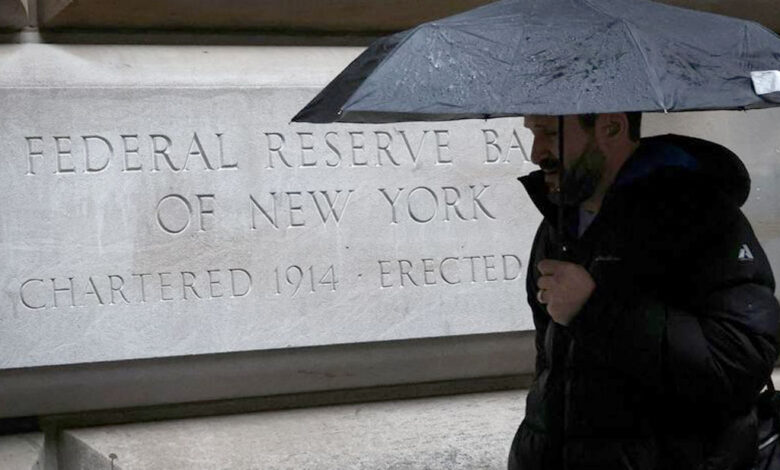Central banks signal an end to rate hikes on the horizon

Central banks around the world have been raising interest rates at a record pace to control inflation, but they are now considering an early end to their rate hikes due to recent financial turmoil. The US Federal Reserve, the European Central Bank (ECB), and the Bank of England have all raised rates as expected in the past week, but each has signaled caution about their next move, leaving investors uncertain about the future of borrowing costs.
Despite having done much of the legwork in raising rates and with inflation well off its highs, central banks are concerned that the recent financial sector volatility could translate into higher funding costs for lenders, slowing borrowing and credit growth, and ultimately dampening inflation.
The interconnected nature of the financial system means that what happens in the United States, particularly Fed policy, has ramifications for everyone. The Fed’s rapid rate hikes created much of the stress on Silicon Valley Bank’s balance sheet, which in turn soured sentiment towards regional US banks and provided the impetus for the sell-off in Credit Suisse.
Central banks have raised interest rates at a rapid pace. The Fed raised interest rates by 475 basis points in nine successive meetings, the ECB by 350 basis points over six meetings, and the Bank of England by 415 basis points in 11 sessions. This is lightning-fast by central banking standards, and policymakers need to have a deeper look at how it is affecting lenders.
Another issue is inflation, which is now well off its multi-decade highs. While disinflation is likely to be bumpy, with continued pressure from wages on both sides of the Atlantic, the slope is clearly downwards. Combined, these factors suggest that big central banks are nearly done, and that upcoming rate moves may be their last.
For the Fed, markets see a 50% probability of just one more hike in May, having priced out an entire increase since the start of the turmoil. At the ECB, investors see only 50 basis points of moves left, less than half of what they predicted just two weeks ago, while just one more 25-basis-point hike by the BoE is priced in for May or June.





